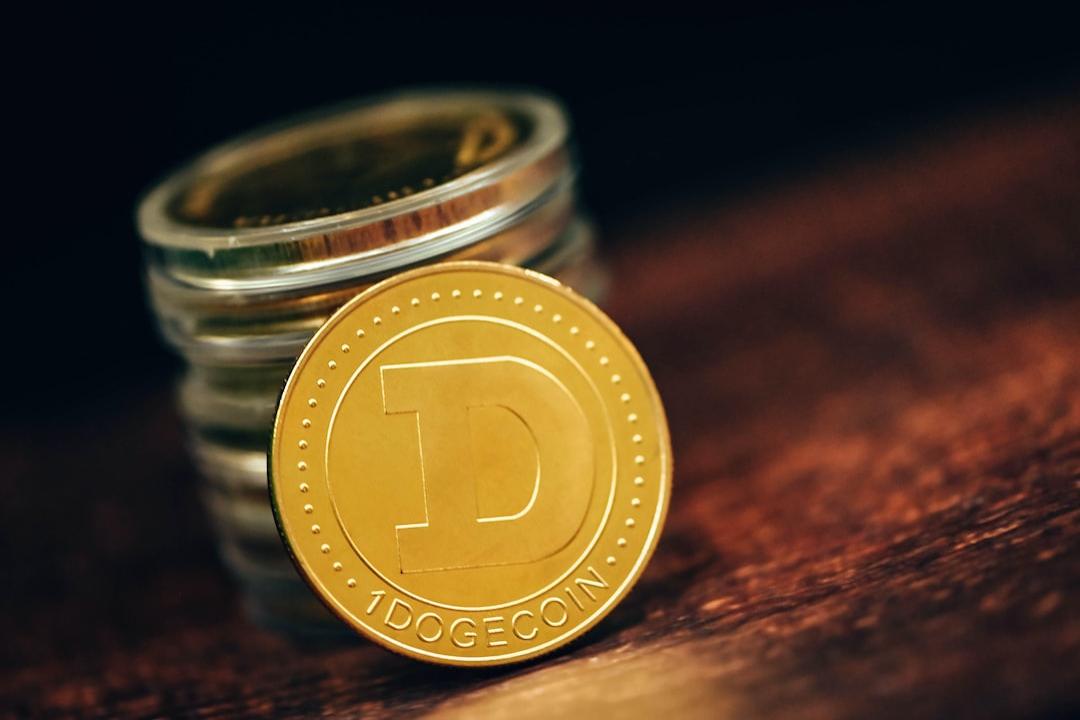VanEck Launches First RWA Tokenization Fund
VanEck has launched its first real-world asset (RWA) tokenization fund. The VBILL token fund, introduced on May 13, offers institutional investors access to tokenized US Treasury bills. The launch is part of a partnership with Securitize tokenization platform.


According to VanEck’s official statement, the VBILL token fund will run on Ethereum, Solana, BNB Chain, and Avalanche. On three of those blockchains—Avalanche, Solana, and BNB Chain—minimum subscriptions start at $100,000. For Ethereum, the minimum investment is $1 million.
The VanEck RWA fund targets institutions looking to allocate funds into short-term US government debt through blockchain infrastructure. The fund offers exposure to one of the largest traditional asset classes currently being tokenized.
VBILL Token Fund to Compete With BlackRock and Apollo
The VanEck RWA fund enters a market already led by firms such as BlackRock and Franklin Templeton, both operating RWA funds named BUIDL and BENJI, respectively. In January 2025, Apollo launched a private credit tokenized fund, entering the same category.
Tokenized US Treasurys have a market capitalization of $6.9 billion, based on RWA.xyz data. This makes them the second-largest group within the RWA space, behind private credit. The VBILL token fund aims to offer institutional access to Treasury exposure using smart contract systems and digital compliance tools.

The new fund expands the presence of traditional financial institutions in blockchain-based markets. Other recent entrants include Franklin’s BENJI and Apollo’s credit offerings, both tailored for large clients.
Securitize Tokenization Platform Supports VBILL Infrastructure
The Securitize tokenization platform powers the entire operation of VanEck’s VBILL token fund. As of May 2024, Securitize has tokenized over $3.9 billion in assets across various structures. In that same month, the company secured $47 million in funding in a round led by BlackRock.
Securitize enables regulated issuance and tracking of digital securities. It helps VanEck operate the VBILL token fund across all four blockchain networks. The platform ensures digital compliance and record-keeping for institutional-grade financial instruments.
The strategic partnership gives VanEck access to Securitize’s full-stack infrastructure for managing tokenized assets. This includes smart contract deployment, digital identity checks, and blockchain-based reporting.
SEC’s Paul Atkins Compares Tokenization to Digital Music Shift
At a U.S. Securities and Exchange Commission roundtable on May 12, Paul Atkins, former SEC Chair, commented on the impact of RWA tokenization. He said the process resembles the digital transition seen in the music industry.
“Just as the shift to digital audio revolutionized the music industry, the migration to onchain securities has the potential to remodel aspects of the securities market by enabling entirely new methods of issuing, trading, owning, and using securities,” said Paul Atkins SEC.
He noted that blockchain infrastructure could reshape how securities function, adding that many existing SEC rules do not address new market structures supported by tokenized assets.
The roundtable focused on legal and technical changes as more firms adopt onchain models for securities. Paul Atkins SEC emphasized that digital systems may soon introduce new ways to manage securities beyond the framework of current regulations.
